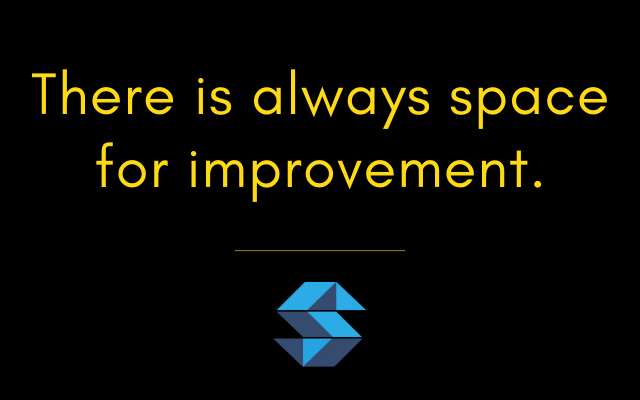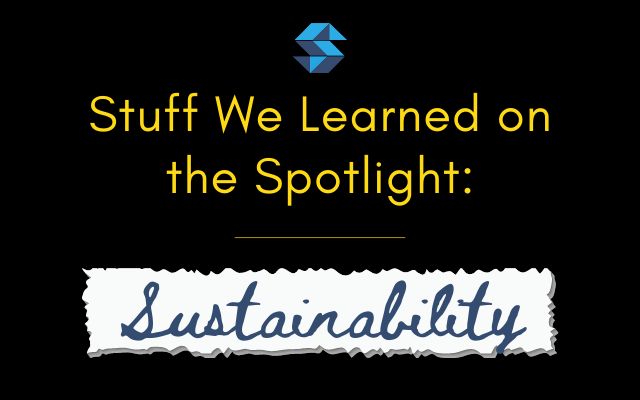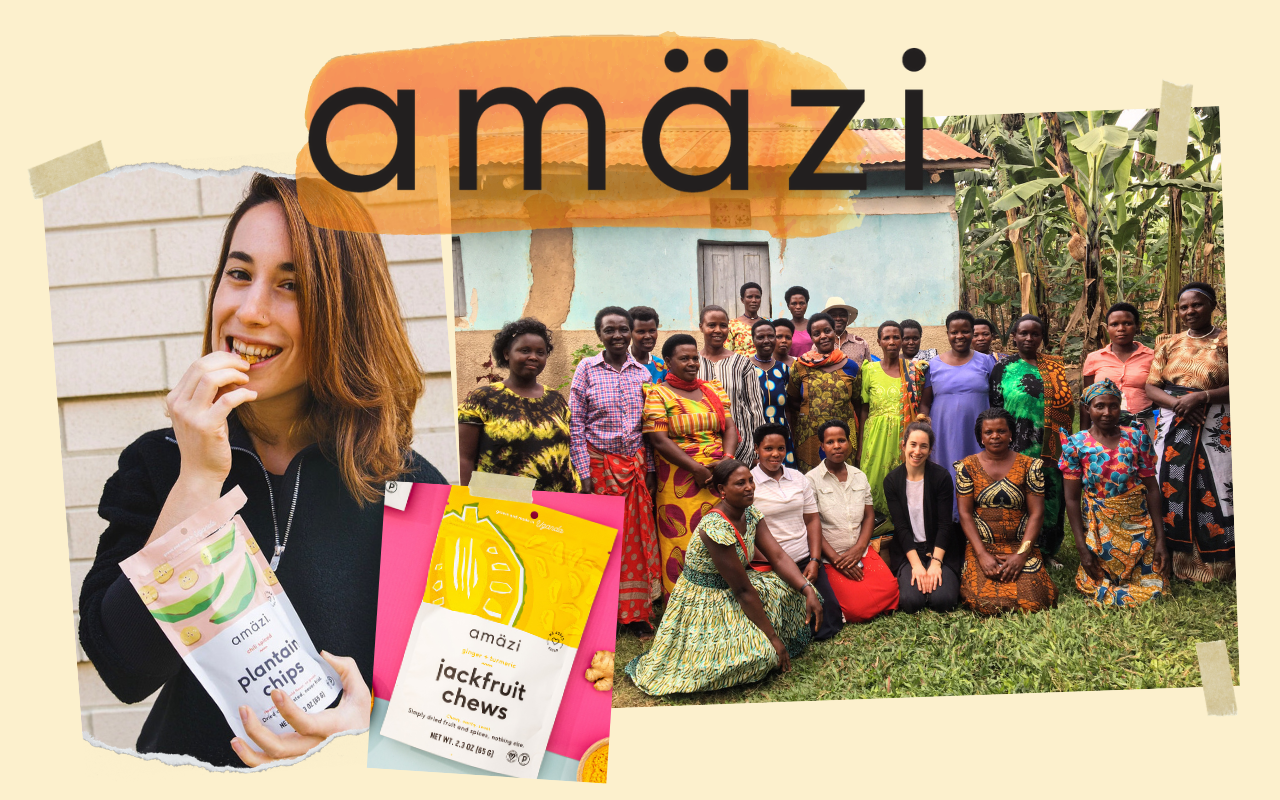Building a sustainable brand is more than just complying with set standards. It is about consciously finding ways to improve your process. Earlier this year, The Mover’s Spotlight spoke to the Founder and CEO of food brand Amazi Foods, Renne Dunn. She walked us through her experience and shared insights about what it takes to integrate sustainability into your brand. Working closely with farmers in Uganda, Dunn hopes to broaden the scope of solutions to make Amazi Food more sustainable. Here are some of the lessons that we gleaned from that interview.
Be clear about your purpose.
Bee clear about about what it is you want to achieve. Having a purpose provides you a clear direction. That clarity helps founders and entrepreneurs make the right decisions. With Amazi Foods, Renee Dunn hopes to address economic gaps in a practical and tangible way.
“I kind of joke with people that we’re masquerading as a snacks company,” Dunn confessed.”But, in the end, we’re really a social enterprise.”

While doing her thesis on entreneurship Uganda, she observed that no matter how delicious or good the local products were, very few food businesses in the country were thinking about exporting, or going beyond the level of the farm industry.
“That type of business model essentially creates this big gap in our supply chain. People would grow the product and the fruits without ever really seeing the final item,” explains Dunn.
“They don’t get to see the innovation on the shelf, they don’t get to try new flavors, and they don’t get that market access.”
So, Amazi’s goal is twofold. To create more opportunities for local entrepreneurship in Uganda, and to encourage consumers in the U.S. to be more purposeful . Being a conscious consumer isn’t just about being careful about what you’re putting in your body. It’s also acknowledging the way consumer decisions affect the world around us.
And by building Amazi into a sustainable brand, Dunn gives consumers back home the chance to make better choices.
From creating the product and allowing more value to stay in Uganda, to marketing the brands consciously on U.S. shelves, a clarity of purpose brings Dunn closer to achieving her goals.
Define your scope.
One of the most important thinks in creating a sustainable brand is to be honest about the work that you want to do. You don’t have to say that you’re out to change the world when all you really want to do is sell good-for-you stuff in an established category. There’s nothing wrong with building a business with the express purpose of making a profit.
“It’s important, in your community or your city, to think about the scope of creating something beyond yourself. And are you even trying to create something beyond yourself? Some people just want to be self-employed,” acknowledged Dunn.
“But if you are thinking about building an enterprise outside of yourself, that’s going to look very different.”

Essentially, Dunn wants to build a strong and sustainable brand with a supply chain that opens up opportunities for farmers and small & medium enterprises in Uganda.
“We form relationships with farming communities, who work directly with our producers. We partner directly with a Ugandan-owned company to produce all our snacks,” revealed Dunn.
“The process [of creating Amazi Food products] is all entirely internal.”
In addition, they make sure that the people working for them are valued for their worth.
“We ensure that the farmers get a premium price on the product and that the employees are always making two to three times the local wage,” explained Dunn.
Seek to constantly improve your process.
Often, companies forget that sustainability is a process, not a statement. In fact, there’s no end to the list of things you could always be doing better to build a genuinely sustainable brand.
“You have to constantly work and see where things need to be improved,” Dunn pointed out.
“You might think, “I’m helping in this one step”, but how does that actually feed into the entire system?”
Another important reason why brands need to refrain from only thinking of sustainability as a marketing label is that it tends to overlook other opportunities for improvement.
For example, Amazi works with farmers who Dunn describes as “transitional“.
“Transitional farmers grow their crops organically,” explained Dunn. “But they have yet to go through certain processes and audit to get their full certification.”
This is important because it can take a really long time for farmers to get their certification. Plus, it takes a lot of resources and time just to comply with those standards.
“You’re basically asking a farmer to trust in you, without them making a sale in 2-3 years,” explained Dunn.

Amazi Foods works with smallholder farmers who can’t afford to wait that long. Instead of excluding them, Amazi Foods helps Ugandan farmers work on getting organically certified while still doing business with them.
“We’re currently working to get all of our farmers up to speed,” described Dunn. “It won’t be like us coming to the farmers and telling them to wait in order to be included.”
A big part of sustainability is having the imagination to constantly improve the way things are done. And that certainly extends to the industry standards that brands are encouraged to comply with. So, by thinking of sustainability as a process, brands are able to identify and improve areas that are somtimes left out and overlooked in the conversation.
Provide value to your consumers, too.
Of course, Dunn has no illusions about the challenge of putting Amazi Food’s story out there. It’s one part of her brand that she’s still constantly trying to improve upon.
“One thing that I’ve learned is that you don’t necessarily pull something off the shelf because it tells a good story,” admitted Dunn.
Dunn is approaching it in multiple ways. Firstly, Dunn made it a point to speak to her consumers through her brand packaging, making it accessible, relatable and vibrant, while promoting the slogan “Snack on Purpose” at every turn.
“It’s best to lead people in with excitement about the product. First, you have to show people how this product can be useful for them, and then let them know the story.”

Amazi Foods is also rolling out a new design that features their farmers and processing partners, bringing together the story and the people who are part of it. Consumers are drawn to authenticity. Dunn shows that by being transparent about the many processes that make Amazi Food a sustainable brand.
“On our Instagram, on our newsletters, on our blogs, I would often do a ‘behind the scenes’ look at what we do. We’ve even done some IG TV episodes where we interview the production managers in Uganda,” shared Dunn.
As the world opens up again post-COVID, Dunn hopes to tap the emerging demographic of conscious consumers and bring their attention to the many ways a brand can be sustainable.
“The more that we show people our values, and allow them to truly enjoy the product, the more they’ll buy into the mission overtime.”




